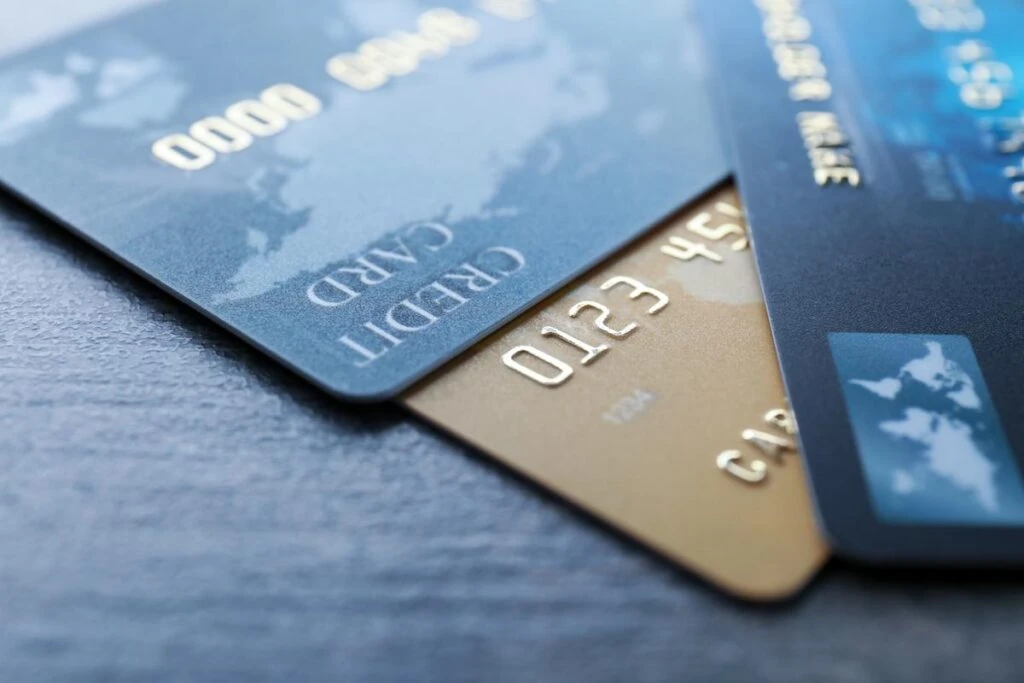When used responsibly, credit cards are one of the most important tools for financial stability. You can use credit cards to get cash back on everyday purchases or to score travel miles for a vacation. If your bills and paycheck don’t line up well, credit cards also help ensure you stay on top of payments. To get one, however, you need good credit cards credit scores. Knowing how to secure the right one can also make all the difference in whether you have a positive experience.
What Is a Credit Card?
Credit cards provide revolving credit up to a predetermined limit. The credit card covers the total cost of purchases made with the card up to that limit. At a specific time every month, the lender provides a statement showing what you owe, minimum balance payment and your interest rate. If you pay off the balance, you reset your credit limit. If you pay only the minimum balance by the due date, the remaining balance accrues interest.
How Do I Determine a Good APR?
Banks have the financial resources to create appealing marketing campaigns that can make even the worst offers look tempting. When deciding if you’re getting a good APR offer or not, stick to the facts. Experian reports the average APR for credit cards at 14% to 15%. In spite of this, most of the cards you come across will offer APRs of 19.99% to 27%. This is especially common for branded cards, such as store cards.
There is nothing wrong, per se, with taking one of these cards. Just note which ones have higher APRs and ensure you pay off the balances on time. Note that many store cards with higher APRs offer special financing, so you might still get extra time to pay off balances without accruing interest. Amazon and Home Depot are two companies that offer cards like this.
How Do I Get Lower Interest Rates?
The higher your credit score and the longer your credit history, the better your chances of scoring low-interest credit cards and zero-APR deals. Even if you are not eligible for these, you might secure a lower credit score by simply asking.
This might not work when applying for a credit card or in the early stages of using it. After building a strong relationship with the lender and showing you pay your bills on time, the lender might consent to a lower interest rate.
If your credit card issuer refuses to give you lower rates, shop around. Be sure to budget for how often you apply for credit cards because your credit score takes a ding every time you do. You might feel tempted to close the credit cards with higher interest rates after you secure better offers, but keep them open. These older accounts will help improve your credit score. Making a few purchases every so often and paying them off is enough to keep them open.
How Do I Get Credit Card Benefits?
The benefits you get depend on the credit card you choose. Research them carefully to see which ones better serve your needs. Common credit card benefits to consider include the following:
- Shopping credits or discounts
- Travel rewards in the form of points or miles
- Cashback from purchases
- Promotional cash payments for new accounts that meet spending requirements
- Travel insurance
- Phone insurance
- Special access to other businesses or events the credit card company has partnerships with
When choosing benefits, decide on the ones that matter most to you. For example, could you use some extra cash? Get cashback cards and use the extra balance to cover the credit card bills. Want to travel more? Get credit cards with travel miles, so you can pay less or nothing at all for your next trip.
Note that you can get different credit cards for all the amazing benefits. Just ensure you get only as many as you can keep up with. Then, use your cards strategically to invest in the specific benefits you need as your goals change.
How Important Is Credit Utilization?
Credit utilization contributes up to 30% of your FICO credit score. The less of your credit you use, the better. Some people with high credit scores, report usage rates as low as 1% to 2%. For some people, this may not be feasible. At the very least, never max out your credit cards. Each month, aim for credit usage in the 10% to 20% range.
When rationing your credit card utilization consider the overall usage and individual cards. Even one card above 20% usage can cause your credit score to plummet. This is another reason having multiple credit cards can help you manage your money more strategically.
Access to good credit cards depends on good credit scores and a strong credit history. Coast Tradelines can help you achieve both. Apply for your tradeline today.



